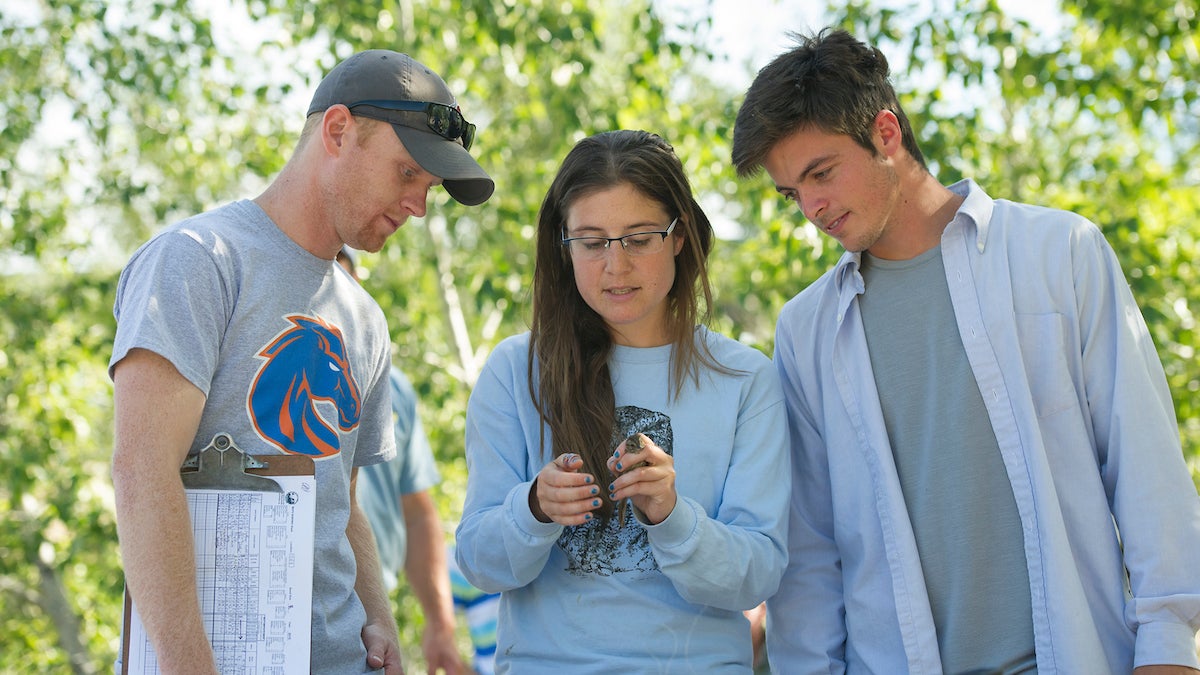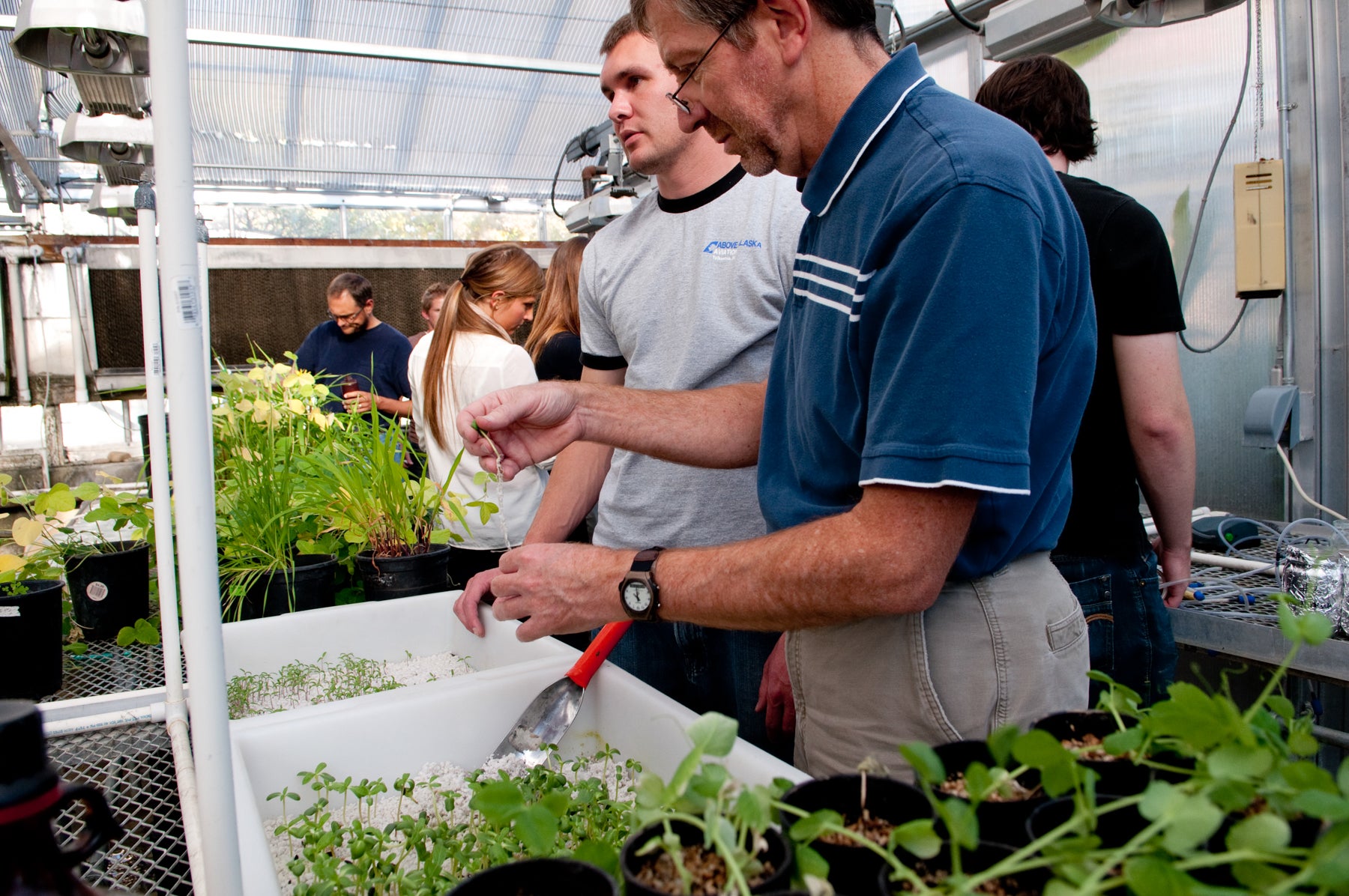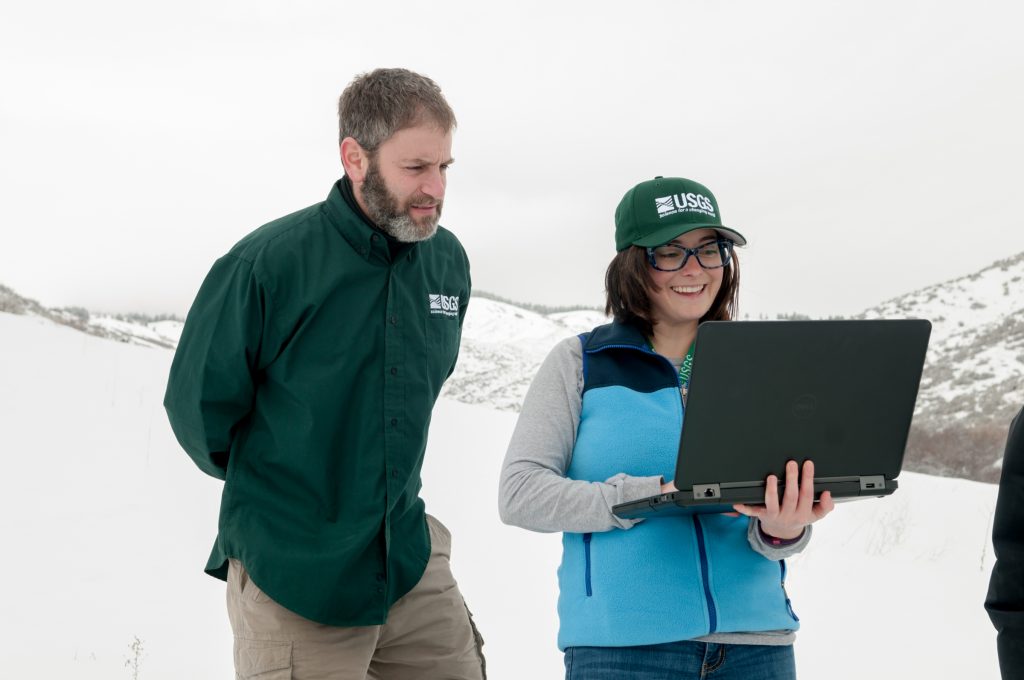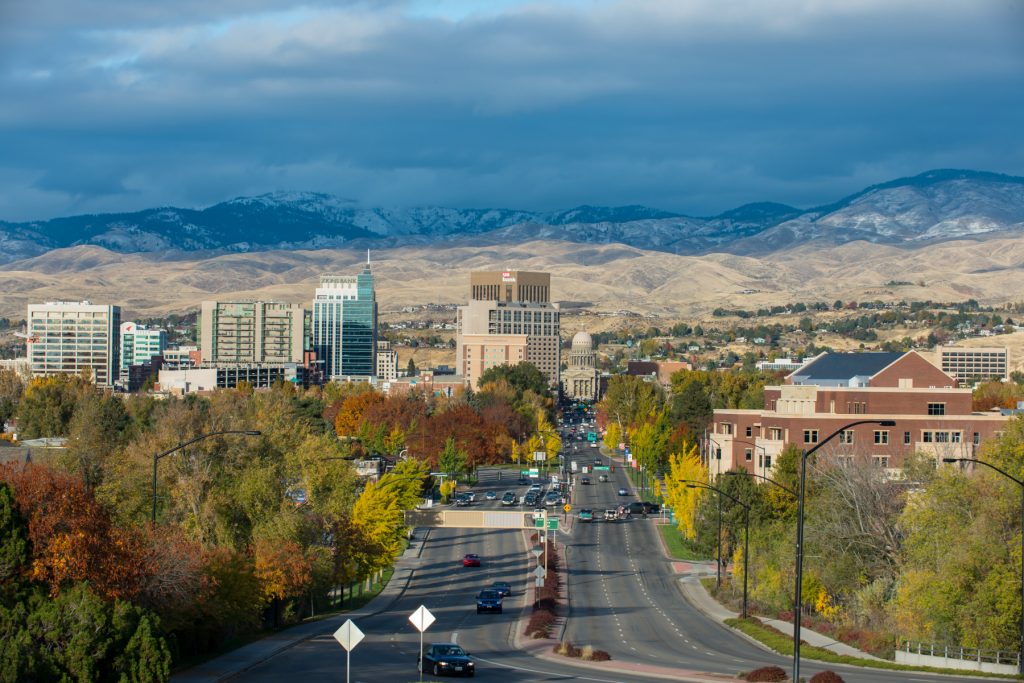
Pursuing a doctoral degree is rewarding and exciting. It is also a substantial time, energy and resource commitment, which can make selecting a program daunting. Given that there are highly-ranked Ph.D. programs all over the nation, how do you evaluate all of the options to find the perfect fit? Here are five basic questions to consider when deciding if a doctoral program is right for you:
1. What is your field of interest?
The first step toward selecting your academic path is narrowing down universities that offer robust programs in your field of interest. All colleges have differing strengths, research opportunities, and professional connections that make them uniquely suited to offer a particular experience. Research schools with programs in your field to see what kind of opportunities they offer.

The ecology, evolution, and behavior (EEB) doctoral program at Boise State is a great fit for students interested in applying concepts from different fields to the study of contemporary ecological problems. Advisors are available from several areas of expertise including anthropology, biology, and geosciences. Visit our list of faculty researchers to learn more about the research fields at Boise State.
2. What kind of advisor is a good fit for you?
Once you’ve identified a few strong colleges, consider the advising options they offer. The fit of each program depends on having an advisor that suits your learning and working style. The right advisor is someone who can offer both training in your field of interest and someone who has a mentoring style that motivates you. Once you’ve found some programs in your field that sound appealing, start familiarizing yourself with the faculty who could serve as a mentor within that program.
For a biology program like EEB, this can be done by reading papers, following the scientists on social media, and looking over articles or posts the university may have about them. It’s also a good idea to ask your current professors for advice on selecting mentors. If you find a prospective advisor that sounds like they might be a good fit, learn more by reaching out to them with questions about expectations and mentoring style. When you narrow it down to a shortlist of advisors consider interviewing former and current students to get their perspective.
3. What kind of career do you see for yourself?

Consider why you are pursuing a Ph.D. What are your goals? Where do you want the degree path to take you? Different programs offer different kinds of training opportunities and it’s important to understand what these programs will prepare you for.
Boise State, for example, offers great opportunities to develop skills and networks for both academic and non-academic careers. Our Center for Teaching and Learning offers a Graduate Certificate in College Teaching. We also have scientists from both agencies and non-governmental organizations available help mentor EEB students. Our focus is on preparing students so they are ready to launch a career in related fields immediately upon graduation.
4. What sort of support is available?
Working on a Ph.D. degree is a commitment. Students should minimize the likelihood that finances will lead to additional stress. Some degree programs offer graduate assistantships that provide a stipend and tuition and fees in return for a manageable teaching or service duties. Be sure to add these considerations into your planning early so you are fully prepared for the financial commitment of your doctorate program before you begin. Boise State’s financial aid office can help individuals explore financial support options and find the best solutions for them. Visit the graduate funding website for more information on financial aid opportunities for graduate students.
5. Where is the program located?
The location of the university is often a lesser consideration for program selection but is still important to think about. The cost of living in cities across the nation varies widely and can add to the financial consideration of accepting a program. Additionally, starting a program in a new city for students who have families can require additional research and preparation.

Boise State is located in the capital city of Boise, Idaho and is consistently ranked as one of the top places to live in the nation. Boiseans enjoy both outdoor recreation opportunities as well as an attractive and lively downtown scene. To learn more about Boise or the EEB program, schedule a visit or contact us with any questions.